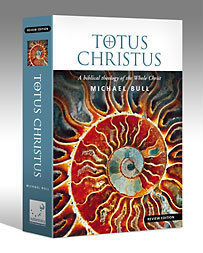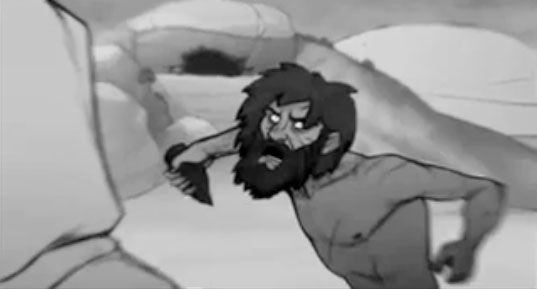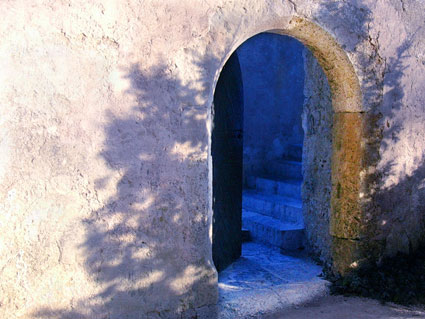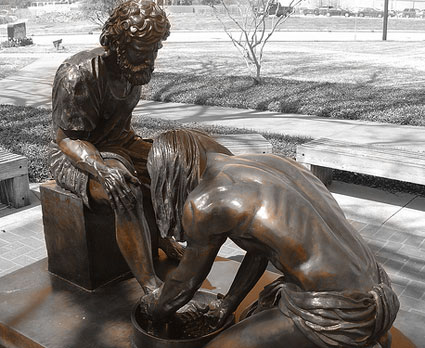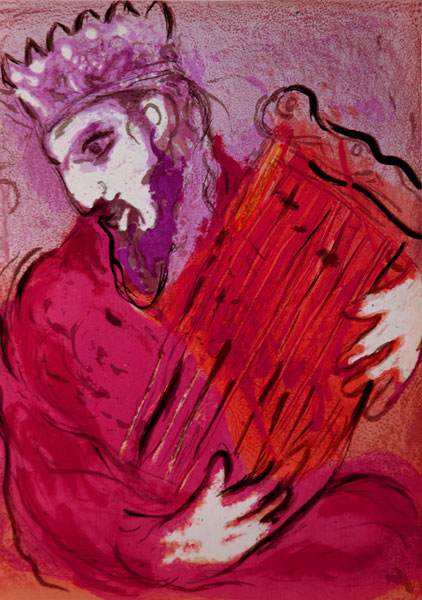Made My Day
.
Concerning Totus Christus, Kelby wrote me:
“I just got through reading the chapter on Christ’s crucifixion. Let me say that almost every nitpick I might have had with any other section of the book was forgotten as I read this part. Whatever you charge for the book is what that chapter alone is worth. You could make an entire book out of that chapter; it says so much, so eloquently, and so concisely. Amazing.”
Introduction and chapter one are here [PDF]. I hope he sends me a list of the nits to pick too.
TOTREVIEW
Why Jesus Healed Some
Matthew 1-10 follows the Dominion pattern. After Jesus’ testing in the wilderness, in 4:18-8:13 Jesus called His disciples and began mustering a new holy army – the “next generation”.[1] It was reported to Him that the last Old Covenant Nazirite (holy warrior) was dead. It was time for new warriors. Jesus healed the uncleanness of many, creating a new priesthood. His success in the wilderness as a new Head made possible this new body. Peter Leithart writes:
Few There Be
or Eclipsing the Temple of Doom
“Because narrow is the gate and difficult is the way which leads to life, and there are few who find it.” Matthew 7:14
Oh dear. This verse proves postmillennialism wrong. It also proves the rest of the Bible wrong because that is postmillennial too. Fortunately, this problem seems almost as simple to deal with as Irenaeus’ ambiguous text that non-preterists use to “unfound” preterism.[1]
Suffering Servants
or Filling Up That Which is Lacking
After reading about the Bible’s use of robes as symbols of office (see The Dominion Trap by James B. Jordan), Tim Mitchell commented:
In Bible study we’ve been looking at John, so a few weeks ago was John 13. My Bible translated v.4-5 as “So he got up from the table, took off his robe, wrapped a towel around his waist, and poured water into a basin. Then he began to wash the disciples’ feel, drying them with the towel he had around him.”
So that recalled for me the couple of pages on robe imagery, and it seems to foreshadow what Jesus will do later on very well: He is willing to take off his authority and righteousness, and take on the dirt of our sin.
But then I got a bit unsure, since Jesus then goes on to say “you ought to wash each others’ feet” in v.14 and “Do as I have done to you” in v.15. So if the symbolism applies, how are we also supposed to take other peoples’ sin on us as Jesus did?
Firstly, what a great question. Many New Testament passages become so familiar that we often lose the ability to really think about their ramifications.
The structure of the Last Supper puts this action of Jesus at Atonement, the Laver (Day 6). Jesus is liturgically pre-enacting His role as High Priest. The Adam removed his glorious robes and wore linen for the Day of Covering. Jesus left this in the tomb with our sin on it. But that is not all the High Priest did. He approached the Most Holy twice.
This Mountain
On the way in the next morning, Jesus saw a fig tree that was all leaves and no figs (vv. 12-13). The fig tree is Israel, all leaves, a fair profession, and no fruit. Jesus spoke to the tree and said that no man would eat fruit from it “into the age” (v. 14). And a lot of exegetes have wasted too much time, paper, and ink feeling sorry for the fig tree.
Your Own Private Sheol
or Having No Controversies With God
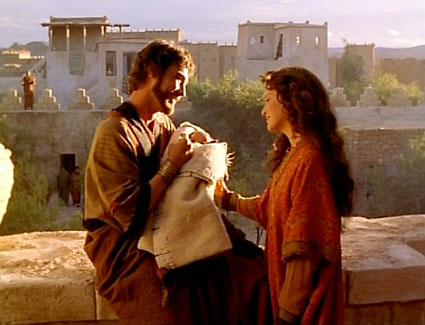
The devil hates confession. It breaks his power over us. He would rather have us confine ourselves behind the bars of our own private Sheols than get right with God.
Why is confession so powerful? Because it is judicial. It is an application of the knowledge of good and evil. Continue reading
Bible Matrix offer
I’ve just finished the first draft of this new book. It’s basically a primer for Totus Christus, with a focus on the earlier chapters so you can really nail down the methodology. Part of me says it is too brief, but I am hoping that with its brightly-coloured cover and low wordcount, it might even appeal to Christians who would normally read books like How To Get God to Make You Rich, Why Progressive Polygamy is OK, Did My Cat Go To Heaven? and The Shack.
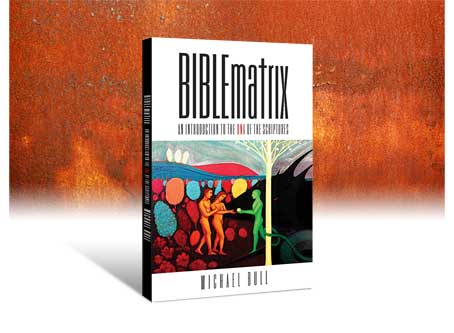
Un-Passover 2
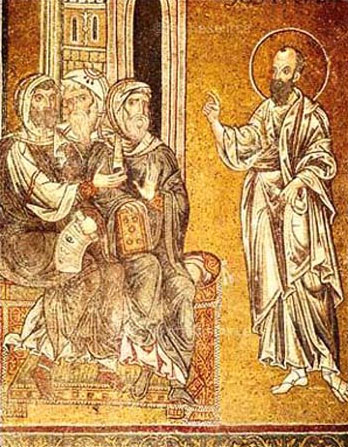
Or Rich Jewish Rulers made Poor, Blind and Naked
Or The Bible Teaches Replacement Theology
According to James Jordan, there’s nothing much in Revelation that isn’t also elsewhere in the New Testament. We just don’t get Revelation because we don’t speak the language of the Old Testament with any confidence. Accordingly, his interpretation of the Apocalypse interprets the seven Seals as the release of the gospel. The Trumpets are the warnings of the Apostles to the Jews until the beginning of the Roman siege. [1]
Dashing Her Little Ones
or Cutting Off the Generations of the Wicked
O daughter of Babylon, who are to be destroyed, Happy the one who repays you as you have served us! Happy the one who takes and dashes your little ones against the rock!
(Psalm 137:8-9)
A further comment on Psalm 137 (following Church and State and Liturgy as Prophecy):
The church has the power to excommunicate, but the state alone has the power to execute. In Joshua’s and David’s time, church and state were one, thus Israel’s army slaughtered God’s enemies judicially. In Mordecai’s time, the slaughter of Haman’s followers by the Jews occurred only after church and state became one under Mordecai’s new executive power.
You must be logged in to see the rest of this post.
Join now for a year for $15!
As an advisor to the state, the church gives the word, and offers the sacraments, but it is always the state that carries out the judgment — government. The state is the “outer court” into which the living sword-water flows. Some taste life and others taste death. [1]


